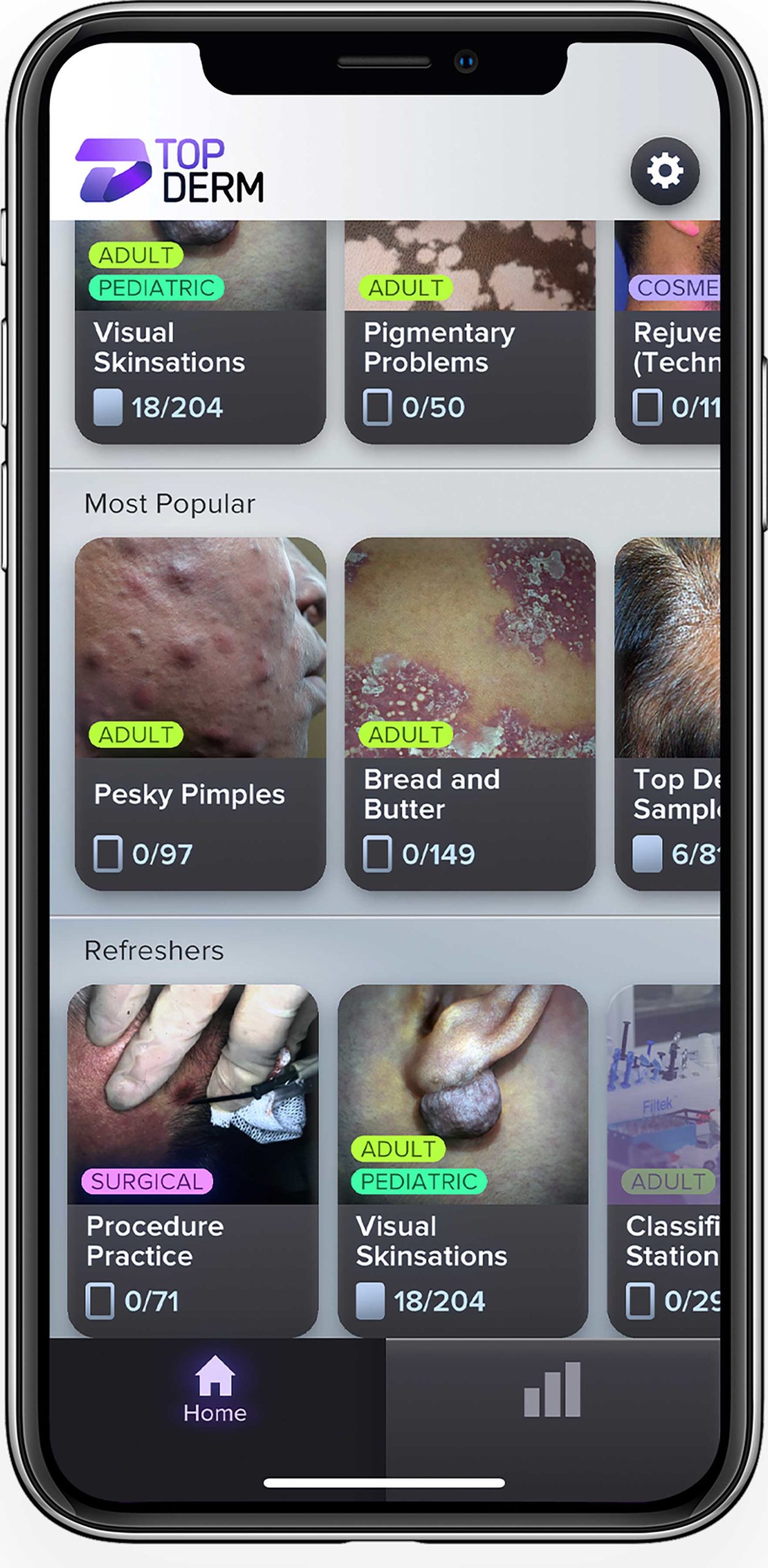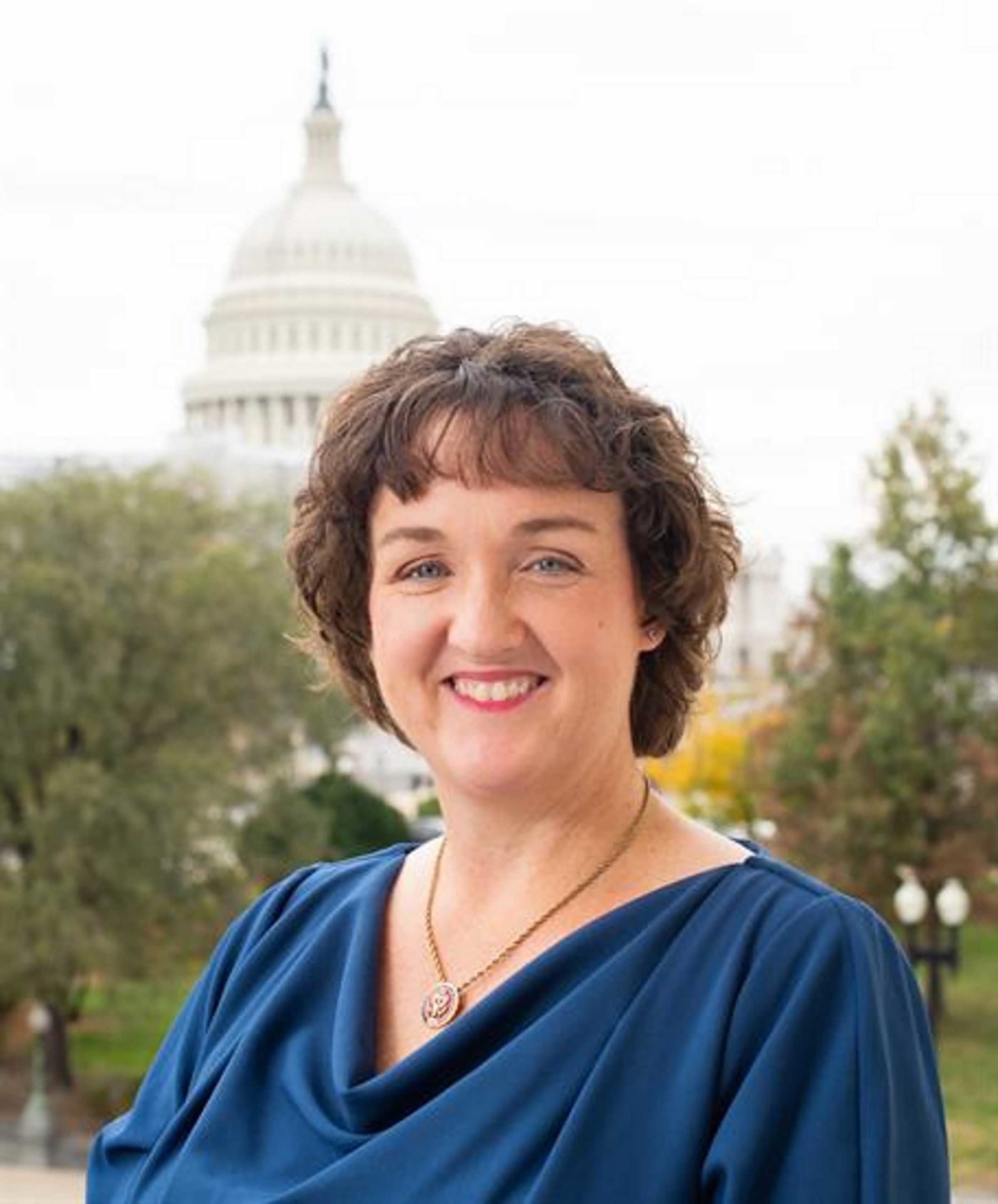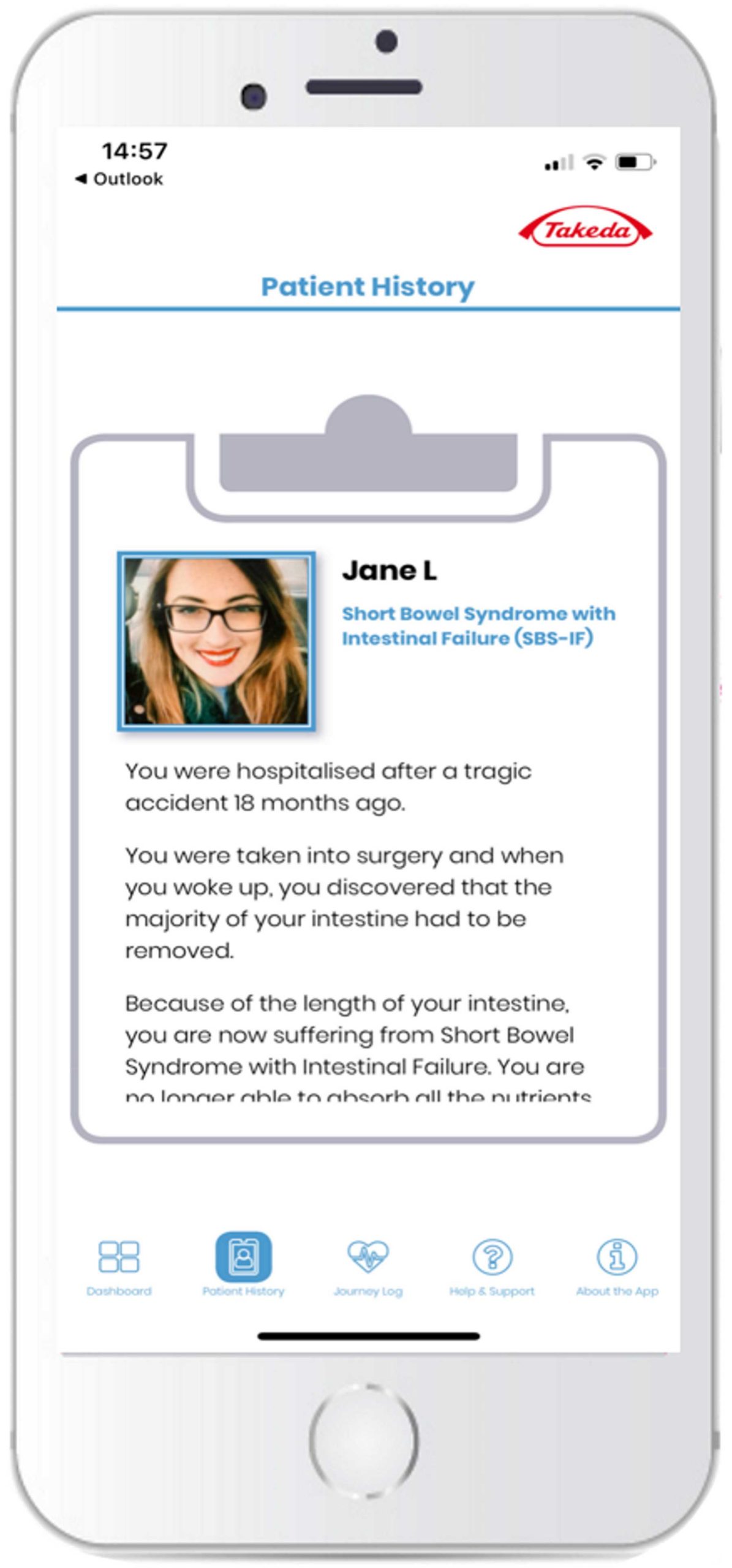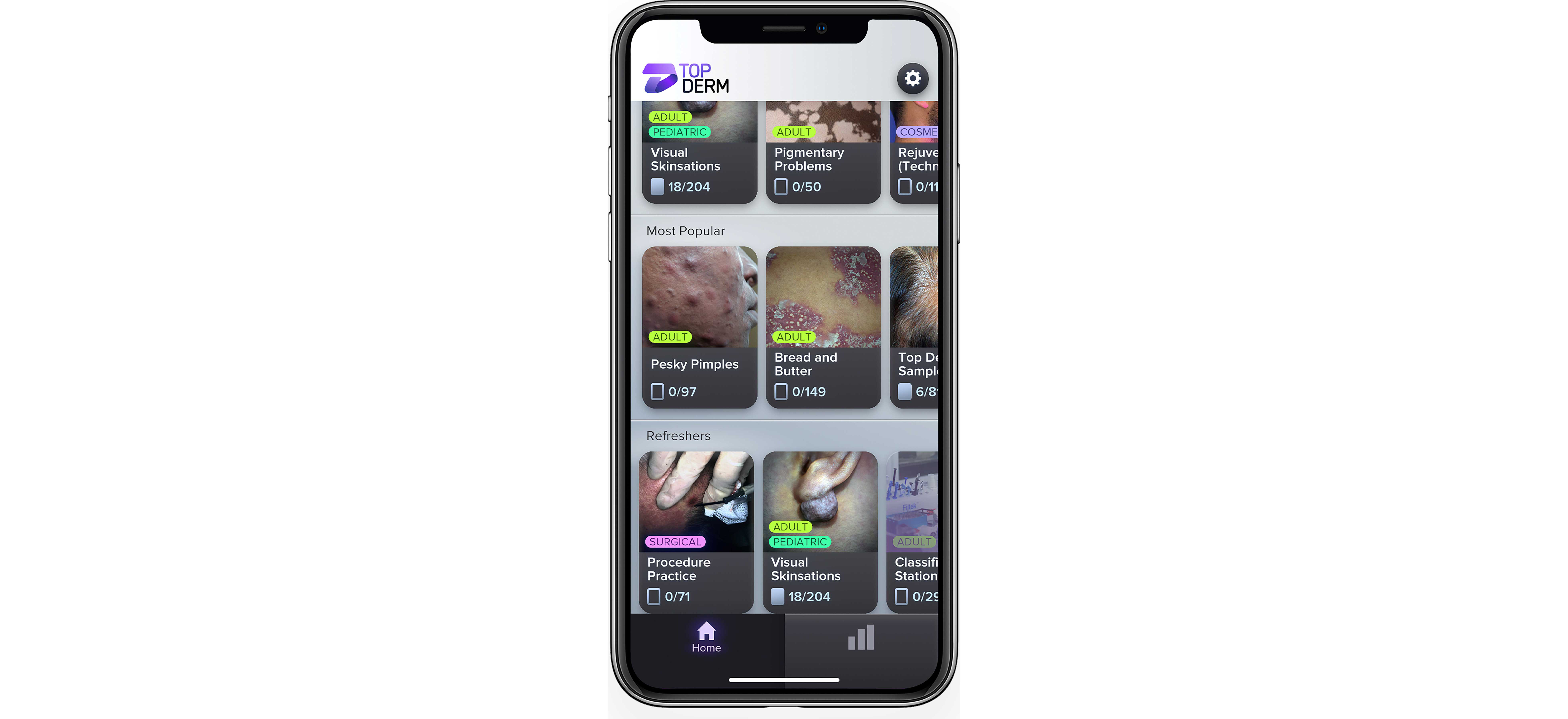Doctor Docs: Game for Continuing Derm Education

Top Derm is a new mobile game designed as a medical resource for dermatologists, providing them an opportunity to strengthen their skills and remain up-to-date with the latest industry techniques and treatments. Level Ex, a creator of industry-leading medical video games for physicians, developed the game with original dermatological imagery, and will soon provide dermatologists with the opportunity to earn free continuing medical education credits (CME). Responding to the surprising lack of imagery in dermatology education, Level Ex’s team built the dermatologist-approved DeepSkinFX Generator, which creates medically accurate, high resolution imagery of any skin disorder on any region of the body and on any skin tone.
“Over 140 dermatologists collaborated with the video game industry’s top designers, developers, and artists to advance the field of dermatology through play,” stated Sam Glassenberg, CEO and Founder of Level Ex. “As someone who has spent his career pushing the cutting-edge of video game graphics, I’m especially impressed by what we’ve achieved visually with our computer-generated images in Top Derm. Using industry-leading VFX technology, we’ve built a system capable of rendering images so realistic that dermatologists struggle to discern them from real photos.”
Top Derm releases new content and challenges on a regular basis to keep dermatologists up-to-date on the latest advancements in the industry as well as reference material for a deeper dive into each challenge topic. Just as physician education through gaming continues to evolve, so will Top Derm, eventually offering CME, social features, and new interactive experiences.
DC Dispatch: Aduhelm Investigation Keeps Growing

Amidst the highly controversial approval of Biogen’s Alzheimer’s drug, Aduhelm, Democratic Representative Katie Porter of California called upon the HHS to investigate the FDA’s dealings with Biogen prior to the approval, fearing the company had “undue influence” over FDA officials. The mixed reactions to the groundbreaking drug approval are due to the limited target audience in clinical trials (only early-stage Alzheimer’s patients with beta amyloid plaque), lack of restrictions on its use (it can be prescribed to those who do not have beta amyloid plaque and are late-stage), questionable clinical trial efficacy results, its steep $56,000-a-year price tag, and most notably, talk of Biogen meeting regularly with FDA officials to discuss the drug’s approval pathway.
While some doctors are ready to prescribe the medication despite murky results, the FDA responded to intense backlash by restricting its original labeling to approval for patients with only mild cognitive impairment or mild dementia. Scrutiny of the agency and Biogen is still high, inspiring Rep. Porter to write in her letter to HHS that “Patients deserve to know that drug approvals were made by independent scientists, not companies with clear financial motivations for pursuing approval for inadequate treatments.”
Now, even the FDA’s interim commissioner, Janet Woodcock, MD, has asked the Office of Inspector General to conduct an independent investigation into the regulator’s decision to approve Aduhelm. The request comes in response to fervent concerns about Biogen’s meetings with agency officials, especially those that may have happened “outside the formal correspondence process.” Dr. Woodcock claims she has utmost confidence in the FDA reviewers and the investigation will restore the agency’s integrity.
Trending: Immersive Experiences for Patient Empathy

Interactive marketing has long been aimed at building empathy for the various disruptive conditions that many patients must live through every day, often using virtual reality or sensory stimulation. Takeda’s “In My Shoes” campaign is an extremely immersive experience for HCPs who want to live as a patient with IBS, Crohn’s, and ulcerative colitis for two whole days.
The experience begins with a debrief. “We always say to people, ‘You need to take this really seriously. We’ve worked with patients who have told us how this disease impacts their life so over the next two days really give it the respect that it deserves,’” Luke Willats, Global Head of Communications for Takeda’s gastroenterology franchise, told FiercePharma. Next participants are given a belt to wear around their stomach, tight enough to mimic IBD discomfort. Then, a smart phone app is downloaded and will send messages to the wearer to go to the bathroom now—no matter what he or she is doing. Takeda even uses a company with trained actors who role play as doctor, boss, or friend, and call the volunteers and involve them in real-life situations patients have faced.
Beginning in 2015, the program has had more than 2,000 participants in 30 countries. The successful engagement can largely be attributed to the fact that the experience is conducted virtually. It never had to stop for the pandemic and it can reach people across countries conveniently. Takeda will be adding experiences for other gastro diseases, as demand for immersive empathy experiences continues to grow.
TeleMed Texts: New Gene Database Goes Public
Pharma giants AbbVie, Pfizer, and Biogen teamed up to provide genomic data from more than 280,000 people in a newly launched, publicly available search engine known as Genebass. Maintained by the Broad Institute of MIT and Harvard, the pharma companies designed the database to test for single-variant and gene-based association spanning 3,817 phenotypes, built on exome sequence data gathered from the UK Biobank. This type of testing has often been foundational in understanding disease etiologies and providing the first step for innovation R&D. Users can also use the database to compare people’s genomes and their medical test results on a larger scale by searching for defining characteristics or genes associated with certain conditions.
“Our hope is that this information will allow researchers to better understand the human genome and identify therapeutic strategies that can specifically target the underlying causes of disease,” announced Sir Rory Collins, Principal Investigator and Chief Executive, UK BioBank.
While genetic information sharing has often sparked controversy due to privacy concerns, it has also been the basis of countless R&D for a wide range of common and debilitating diseases. It has helped uncover mechanisms of Alzheimer’s including 13 associated genetic mutations previously unknown to disease researchers just this year, as well as genes linked to the exceptionally strong molecular response to tumors some patients have as opposed to others.
FDA Update
The FDA has approved asparaginase erwinia chrysanthemi, known as Rylaze, from Jazz Pharmaceuticals, Inc., for use in a multi-agent chemotherapeutic regimen for the treatment of acute lymphoblastic leukemia (ALL) and lymphoblastic lymphoma (LBL) in adult patients as well as pediatric patients 1 month or older who have developed hypersensitivity to E. coli-derived asparaginase. Patients receive Rylaze intramuscularly at various dosages 48 hours apart.
Lupin Pharmaceuticals’ Solosec received an approval for expanded indication that includes treatment of trichomoniasis in adult patients and their partners. The drug was approved in 2017 for bacterial vaginosis in adult women. Trichomoniasis is the most common non-viral, curable STI in the U.S., affecting about three to five million Americans every year. Left untreated, it can persist for years and lead to infertility and preterm birth, making the single-dose oral prescription treatment crucial.
The FDA recently approved Blueprint Medicines’ Ayvakit to treat adult patients with advanced systemic mastocytosis. This includes aggressive systemic mastocytosis, systemic mastocytosis with an associated hematological neoplasm, and mast cell leukemia. Systemic mastocytosis is a rare but fatal disorder that causes buildup of white blood cells, or mast cells. Ayvakit is an oral medication aimed at helping remission.
Janssen’s Darzalex Faspro (daratumumab plus hyaluronidase-fihj) has been approved for treating adult patients with multiple myeloma who have received at least one prior line of therapy. The weekly subcutaneous injection is an anti-CD38 monoclonal antibody approved in combination with the widely used pomalidomide and dexamethasone regimen.






